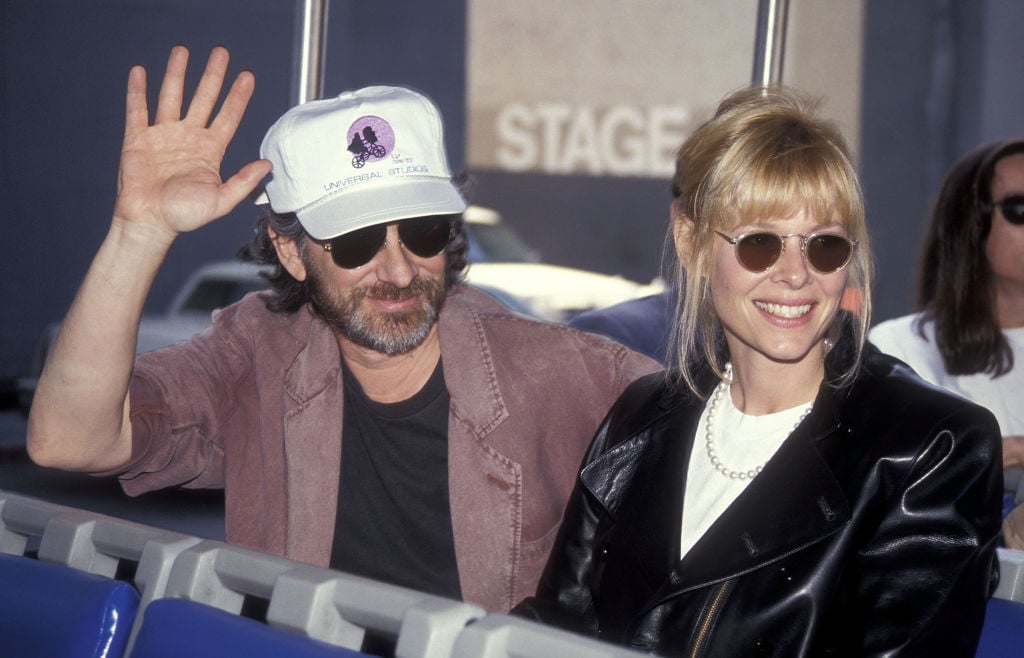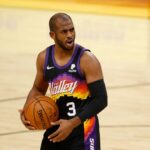Steven Spielberg, renowned for iconic films like “Jaws” and “E.T.,” boasts a staggering near $30 billion in global box office earnings. Surprisingly, one of his key revenue sources does not come from movie royalties but from a unique consulting agreement with Universal Studios that has quietly enriched him for decades. This deal, shrouded in secrecy until a 2009 disclosure, could lead to immense future earnings for the legendary filmmaker.
The Origin of the Deal
In the late 1980s, Steven Spielberg was a top asset for Universal Studios, having delivered blockbuster hits including “E.T.” and “Jaws.” As the studio prepared to launch a theme park in Orlando to compete with Walt Disney World, Warner Bros. sought to entice Spielberg with a lucrative offer. Unable to match the financial terms presented by Warner, MCA president Sid Sheinberg—a mentor to Spielberg—crafted a clever solution.
Sheinberg proposed a consulting agreement tied to the upcoming Orlando theme park. In exchange for his continued creative direction at Universal, Spielberg would receive 2% of the park’s gross admissions along with a share of the concessions. This contract, signed in 1987, was originally applicable only to Universal Studios Florida, which opened in 1990. Notably, the deal was set to last “in perpetuity,” securing Spielberg’s revenue without an expiration date.
As Universal expanded with parks in Japan (2001), Singapore (2010), and Beijing (2021), Spielberg’s contract extended to cover these locations, while Universal Studios Hollywood was notably excluded.
The Buyout Clause That Revealed the Deal
For over 20 years, the specifics of Spielberg’s lucrative agreement remained confidential until a 2009 financial filing unveiled its existence. Amid a financial crisis, Universal was aiming to refinance significant debts but faced complications due to Spielberg’s contract.
A footnote in the disclosure indicated that Spielberg’s 2% “consulting fees” averaged around $30 million annually. It also disclosed his right to initiate a buyout starting in 2010, which would require Universal to compensate him with a large sum based on future royalties—a buyout value estimated between $300 million and $500 million at that time.
Seeking to avoid triggering the buyout, Universal desperately tried to negotiate with Spielberg, who initially vacationed and avoided their calls. Upon his return, Spielberg agreed to postpone the buyout option until 2017, but only after securing additional rights, including payments from new parks in development and a guarantee of contract validity despite any changes in Universal’s ownership.
This stipulation proved significant when Comcast acquired NBCUniversal in 2011, inheriting Spielberg’s contract. By 2017, his consulting fee had escalated to $50 million annually, boosting the buyout clause’s value to a staggering $1 billion or more, though he has yet to initiate it.
Legacy of the Deal
Current ticket prices for Universal Studios hover around $119. This translates roughly to a profit of $2.38 per ticket for Spielberg. With approximately 25 million tickets sold each year, his consulting fees collectively tally up to $50 million annually, supplemented by additional revenue from concessions, potentially totaling $60-70 million per year.
As of today, Spielberg’s net worth stands at $10 billion. While his film career and other ventures have contributed, a significant portion of his wealth can be traced back to this pivotal contract signed in 1987. Originally intended as a creative consultancy, this deal has evolved into one of the most brilliant financial arrangements in entertainment history, ensuring that Spielberg’s family will benefit from its rewards for generations to come.

Meet William, a proud Bethel University alumnus with a fervent passion for lifestyle and culture topics. His keen interest doesn’t stop there; he’s also deeply engrossed in current events of all kinds. William dedicates himself wholeheartedly to this site, thriving on the collaborative energy he shares with Suzanne, his long-standing partner in crime.
Having navigated their university courses side by side for years, their teamwork on the site is nothing short of dynamic. Together, they bring a unique blend of insights, proving that two heads are indeed better than one in delivering compelling content.













